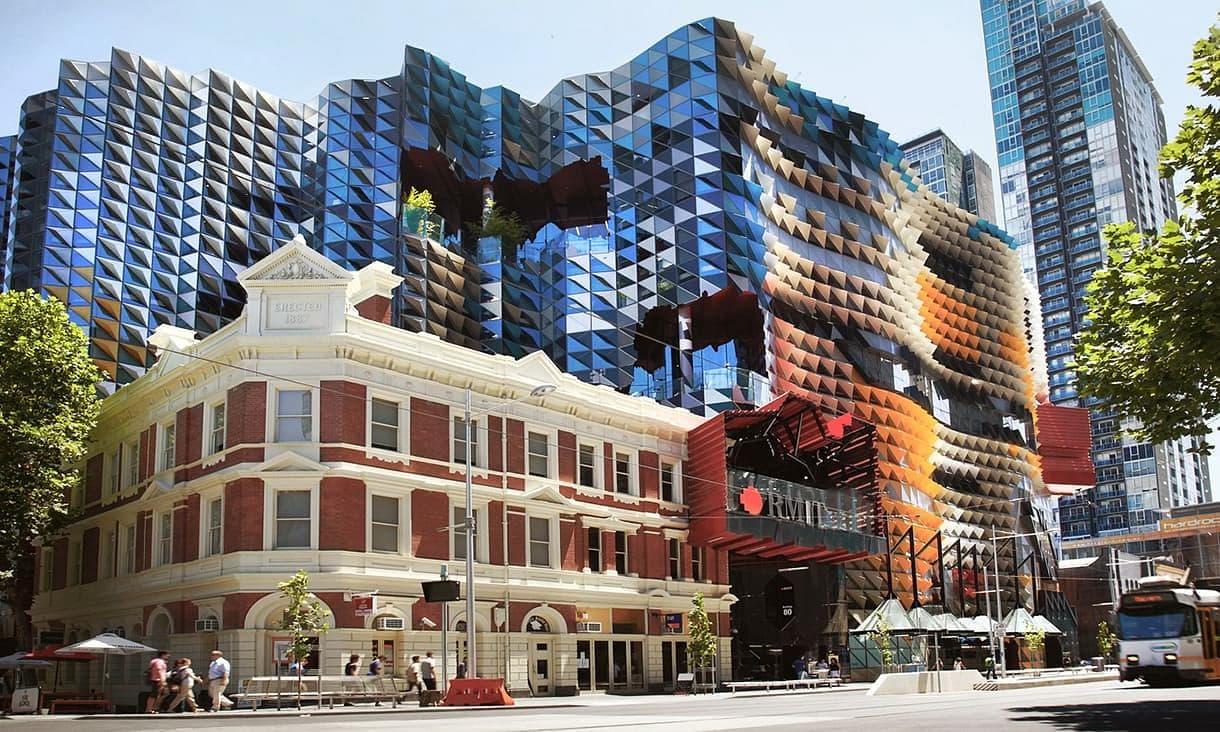

Bachelor of Communication (Public Relations) at RMIT University
Melbourne, Australia
- Tuition Fee AU$ 36,480
- Country Rank-
- Duration36 Months
- Score IELTS: 6.5 TOEFL: 79
Program Overview
Are you interested in investigating the core of an issue to find out why it is important to an organisation and the people it deals with? In this degree, you’ll gain the skills to work out how an organisation can communicate effectively with different audiences.Public relations is a career for people with enquiring minds. Advising organisations on how to enhance their working relationships and reputation is at the heart of modern PR.
The Bachelor of Communication (Public Relations) prepares you for the increasingly globalised, technology-driven world of public relations within corporate, government, not-for-profit and consultancy environments.This degree includes subjects in strategic communication and theory, principles, research, and contextual studies. These subjects promote analytical and research skills and provide a broader learning experience. You will gain professional skills in writing techniques, media and stakeholder relations, strategy and industry research, with an emphasis on problem solving, creativity, relationship development and project management.
Cost Of Studying At RMIT University
Interest rates as low as 8.9% *
250K+
Students Assisted
800Cr+
Loan Amount Disbursed
5000+
Loans Sanctioned